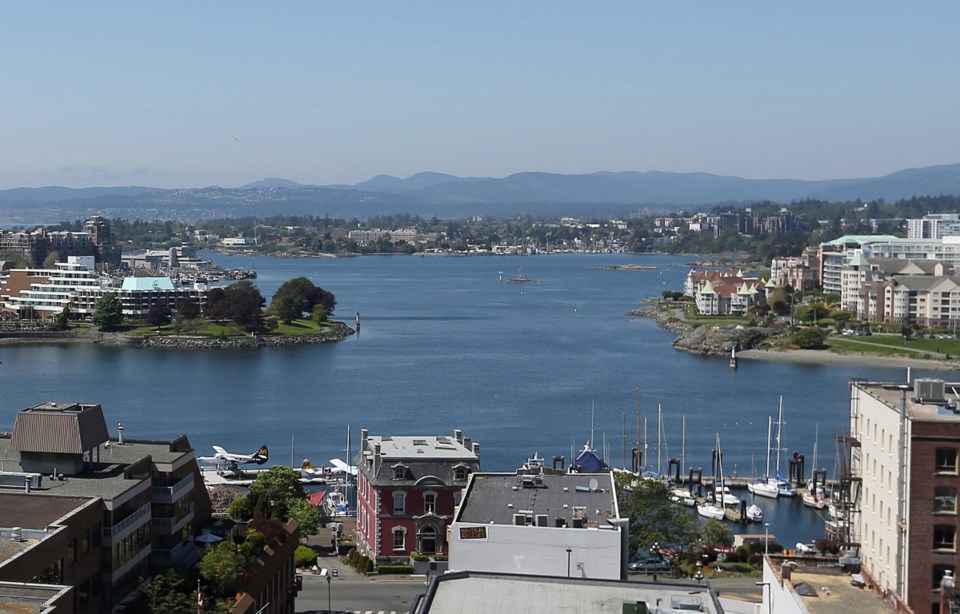Victorians might not be as “green” as they think they are.
A new report says the city risks missing its greenhouse gas reduction targets for 2020 unless it gets serious about dealing with the issue.
The city set a goal six years ago to cut emissions to 33 per cent below 2007 levels.
But a staff report, set to go to the committee of the whole on Thursday, shows that, “despite making progress in planning and baselining the city’s emissions inventory, Victoria, as a community is not on track to meet its target.”
In fact, the community’s emissions are trending toward the “provincial and national norms, which indicate increasing rather than decreasing [greenhouse gases],” the report says.
“This trend is not in effect for all cities; Vancouver is leading with reduced GHG emissions of 15 per cent since 2007.”
Mayor Lisa Helps said the findings came as a shock given the city’s image of itself.
“There’s a perception that we are a sustainable community and the data actually shows us going the other way as a community.”
But Helps said she’s “hell-bent and determined” to meet the 2020 targets.
“The alarming thing is that we have been kind of resting on our laurels,” she said.
“We’ve passed many plans and made many frameworks and did a bunch of work and it’s all — for the most part, with a few exceptions — sat on a shelf.”
The report calls for a reinvigorated action plan and more aggressive targets — including reducing emissions by 2050 to 80 per cent below 2007 levels.
Helps said success will require a broad community effort since city hall directly controls only one per cent of the municipality’s emissions.
Residents and businesses will have to get on board, she said.
“Really, it’s [about] building excitement and enthusiasm about the fact that we can meet this if we’re all in this together,” she said. “Slapping people on the wrist and saying: ‘You have to meet these targets and you’re bad if you don’t’ — it doesn’t work.”
The report recommends the creation of a staff-led Climate Action Task Force by October to develop a strategy and identify the resources needed.
The city will have about $700,000 in its climate action reserve fund by year’s end, the report says.
Fraser Work, director of engineering and one of the report’s authors, notes that 70 per cent of global greenhouse gas emissions are generated by cities.
“So, really, some of the heavy lifting has to occur here,” he said.
“With leadership in the cities, like we see from Vancouver, then nationally we have a chance.”



